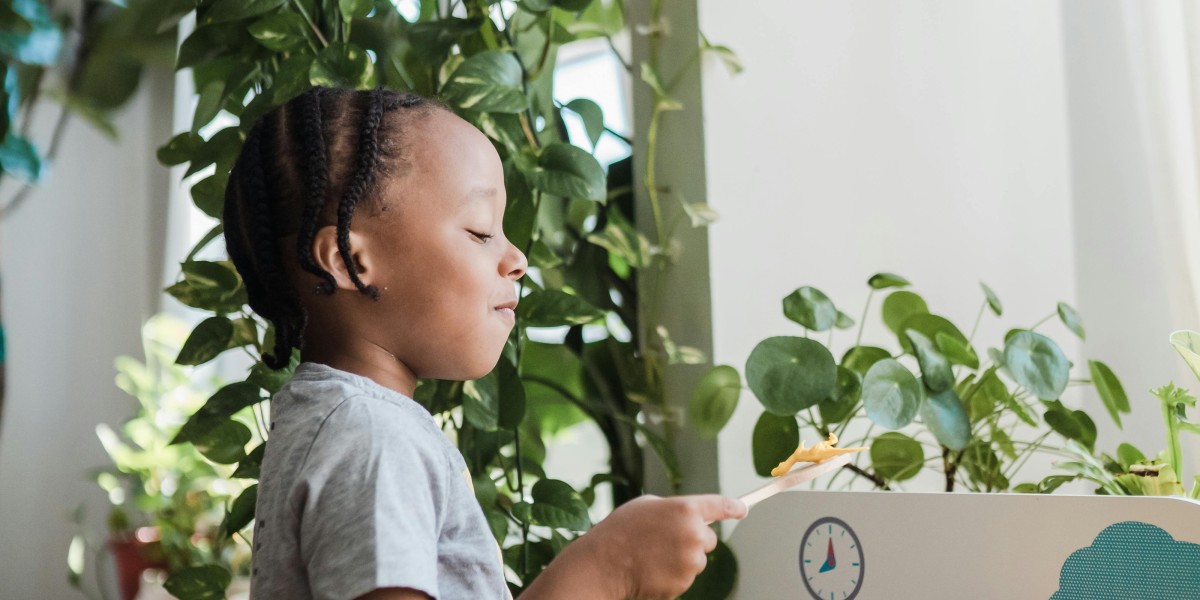Introduction
Children love to imitate the world around them. Whether they pretend to be doctors, teachers, or chefs, role-playing is a significant part of their development. One of the best ways to encourage imaginative play is through a toy kitchen. More than just a fun pastime, a toy kitchen nurtures creativity, cognitive skills, and social development. At Totdot, we believe in providing high-quality playsets that foster learning while keeping playtime exciting.
Encourages Imaginative Play
A toy kitchen sparks creativity by allowing children to create their own stories. From cooking up a make-believe feast to running a mini-restaurant, kids engage in scenarios that help expand their imagination. This type of pretend play is essential in shaping their problem-solving abilities and thinking skills.
For example, a child may decide to bake a cake using an imaginary recipe or experiment with different food combinations. These activities teach them to think outside the box, which is a skill they will carry into adulthood.
Develops Fine Motor Skills
Playing with a toy kitchen involves handling small objects like toy utensils, plates, and food items. These interactions improve fine motor skills and hand-eye coordination. Activities such as stirring, pouring, and chopping (with safe, pretend tools) enhance their dexterity and grip strength.
At Totdot, we offer playsets with various kitchen accessories, helping kids refine their motor skills in a safe and engaging environment.
Teaches Basic Math and Science Concepts
Math and science may seem advanced for young children, but a toy kitchen introduces these subjects in a fun way. Measuring pretend ingredients, counting toy food pieces, and dividing portions are all fundamental math exercises.
Additionally, kids learn basic science concepts. They begin to understand that water turns into steam when "boiled," or that different foods have varying textures and colors. Such hands-on experiences make learning enjoyable and relatable.
Enhances Communication and Social Skills
A toy kitchen is a fantastic way to encourage group play. When children pretend to cook together, they practice communication, teamwork, and sharing. They assign roles, take turns, and develop the ability to express their thoughts clearly.
For example, one child may take on the role of a chef while another plays the customer. This exchange helps them understand real-world interactions, setting a foundation for strong social skills.
Boosts Independence and Confidence
Giving kids the freedom to play with a toy kitchen allows them to make independent decisions. Choosing what to "cook," setting the dining table, or serving food boosts their decision-making abilities. As they master different tasks, their confidence grows.
At Totdot, we understand the importance of self-confidence in a child's growth. That’s why our play kitchens are designed to empower kids with choices and encourage responsibility.
Encourages Healthy Eating Habits
A toy kitchen introduces children to different types of food, helping them recognize healthy options. Many kids become more open to trying new foods when they engage in pretend cooking.
For example, if they pretend to make a salad or serve fruits, they develop a positive association with nutritious meals. This playful exposure can translate into real-life healthy eating habits.
Pairing Toy Kitchen Play with Other Role-Playing Accessories
Combining a toy kitchen with other play items enhances the experience. One perfect combination is adding baby boy rompers to the play session. When children dress up in cute baby boy rompers, they can pretend to be little chefs or restaurant owners, making the play more immersive.
At Totdot, we offer adorable baby boy rompers that are comfortable and stylish, perfect for interactive play. Dressing up adds another layer of excitement and encourages children to take on roles with confidence.
Teaches Responsibility and Organization
Cleaning up after playtime is just as important as the play itself. A toy kitchen teaches kids about responsibility by encouraging them to organize their utensils, stack plates, and put away ingredients.
When children learn to tidy up their play area, they develop a sense of accountability. This habit can be easily transferred to real-life situations, such as keeping their actual room neat.
Strengthens Parent-Child Bonding
A toy kitchen is not just for kids; it’s a great way for parents to engage in meaningful play. Cooking pretend meals together allows parents and children to bond while learning.
Simple activities like pretending to bake cookies or serve tea create moments of joy and connection. Parents can also use the opportunity to teach valuable lessons about food, nutrition, and responsibility.
Conclusion
A toy kitchen is more than a toy; it’s an educational tool that fosters creativity, learning, and essential life skills. From improving fine motor skills to encouraging social interaction, the benefits are endless.
At Totdot, we are dedicated to providing high-quality play kitchens that inspire children to learn through play. Pair them with our adorable baby boy rompers for an even more engaging experience.
Invest in a toy kitchen today and watch your child’s creativity and confidence soar!









